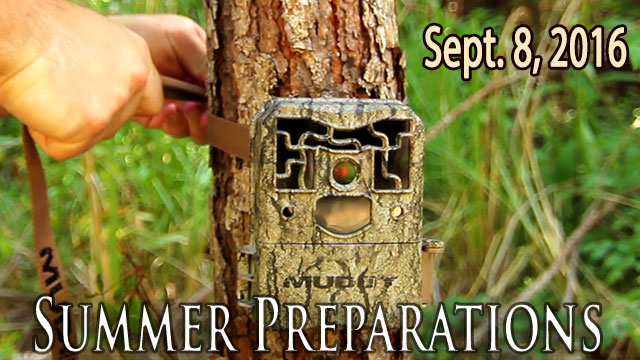Begining of the spring I bought 25 SLN bareroots. I meant to rototill a big circle on the 10 permanent ones, however my rototiller was stuck in Reverse. I hand dug and mixed up the trees with some peat moss, garden soil, lime, and some agriform tablets. Got those 10 in, Then, I got the rototiller to get into gear before I made the nursery for the others. I ammended the soil well. I rototilled, then dug out the easy stuff and did that 2 more times. Top few inches moderate clay, deeper down more orange clay. I weed matted and mulched. Just about daily I was watering the nursery trees. I pruned my old apples and toringo crabs and put the shoots in the nursery in the spring, hoping they'd grow roots. The crabapples were close to making it, Went away for a few days and had the kids water them, came back those were dead.
The nursery anty bareroots litterally made an extra foot.
A few things, if you can prep a good sized spot like that and dont worry about moles, go for it. Making a larger weedmat area, like a 6-8ft circle than a 3x3 spot. WATER! My trees are at my home, so I can water them every 3 or 4 days, which I did with the permanent ones.
This fall I mixed thigs up. I bought some B118 crabapples, maybe M7 rootstok mght make fruit sooner. Permissions are a long term game. Add some short term game. Watering is the big difference. Put some closer to water, or invest in an irrigation system. Slow drip.
MY local fruit farm down the road said his best investments were 2 things. A quality subsoiler to make the roots grow down quicker and modern irrigation. His opinion is not only water the trees to get nutrients, but his timers are set to cool down his root system at peak heat of the day.
Remember fertilizer is much more than Nitrogen phosphourus and potassium. There boron, magnesium, selenium. Also, what do you have to keep the fertilizer where it is Cation exchange.
Soil test helps alot too.
Only work on what you can work on well. However, time s ticking too. IF you cant cage, mulch, or provide water whe they really need it then cut down your scope.
Also, get a year ahead. Many orchards offer larger trees, but you got to pick them up yourself.

